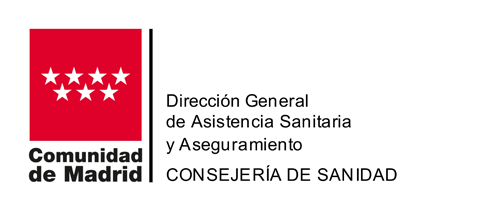Public Sector
Italy
PARTNERED WITH

Microsoft (Nasdaq “MSFT” @microsoft) enables digital transformation for the era of an intelligent cloud and an intelligent edge. Its mission is to empower every person and every organization on the planet to achieve more.
Transforming to a data-driven culture
The City of Milan, Italy's second-largest municipality by population, provides more than one million inhabitants with a wide range of public services. Recognizing the power of trusted data to improve decision-making and enhance citizen experiences, the city embarked on a digital transformation journey. Using fact-based insights, the city is committed to building a data-driven culture to optimize resource allocation, address urban challenges, and create a more responsive and equitable environment for all its residents.
Unlocking data silos via cloud to improve social services
Milan's digital transformation faced a significant hurdle: fragmented data silos. Across 23 directorates and 15,000 employees, spanning diverse areas from public spaces to finance and human resources, these silos hampered the city's ability to gain holistic insights, allocate resources efficiently, and proactively address urban challenges.
Milan needed a scalable and secure data solution to unlock the value of its data assets and enable data-driven decision-making. The goal was to move beyond reactive, ad-hoc requests and establish sustainable data flows for continuous monitoring.
To accomplish this task, the City of Milan implemented Cloudera as a central platform, with a data lakehouse architecture on Microsoft Azure cloud, data governance capabilities, and analytics engines to address its data challenges. The migration to a cloud-based infrastructure on Microsoft Azure required careful planning to minimize disruption. While exploring AI, the city recognized the need for strong internal expertise and is currently building capabilities through training and partnerships to avoid potential pitfalls.
A further challenge was the lack of skilled data professionals, stemming from difficulty attracting new talent and upskilling existing employees. Moreover, strict General Data Protection Regulation (GDPR) compliance demanded robust, proactive data governance policies to ensure data quality, consistency, and responsible data use, preventing data silos and ensuring regulatory adherence.
Using digital twin technology for population forecasting
Milan initially prioritized data related to citizen services, particularly for vulnerable populations, and integrated data to create a "digital twin" of the city, a visual representation of the area that is updated in real time. This digital twin extends beyond 3D cartography to encompass services, commerce, green spaces, and the daily lives of Milan's residents and visitors. A key aspect was establishing data governance policies, including data cataloging, metadata management, and data quality monitoring, providing clear guidelines for employees on responsible data access, use, and sharing.
Following a thorough assessment of existing data sources, the city prioritized integrating critical datasets, including resident registries, school enrollment data, social services records, income data, and geographic information systems. Cloudera provided a secure and compliant data storage, processing, and analysis environment, focusing on protecting personal data through data masking and anonymization techniques.
Transforming data into trusted valuable insights
The implementation of Cloudera has delivered significant benefits to the City of Milan. By creating a unified view of citizen needs, the municipality can monitor key processes in real time, enabling more targeted and effective delivery of social services. For example, data analytics identified a cluster of residents over 85 living alone in specific neighborhoods with limited access to senior services, prompting targeted interventions.
Cloudera has also empowered the municipality to make more informed decisions about resource allocation for major urban transformations and foresee their impact by providing data-driven insights into population demographics, service utilization, and infrastructure needs. Specific examples include a dashboard integrating school enrollment and population data to identify areas lacking adequate schooling capacity and dashboards for monitoring traffic fine management (1.6 million annually) to offer insights into collection rates and enforcement strategies.
Furthermore, Cloudera has been instrumental in enabling robust data governance. Its data cataloging and metadata management features helped create a comprehensive inventory of data assets, ensuring data quality and consistency. Cloudera's security features have also ensured that data is handled responsibly and in compliance with GDPR regulations.
Ongoing training programs are helping to address the skills gap, ensuring the team can fully leverage the platform's capabilities. The City aims to democratize data access through self-service business intelligence, further empowering employees to conduct their own analyses within a secure and governed environment. Cloudera plays a key role in enabling this transition.




